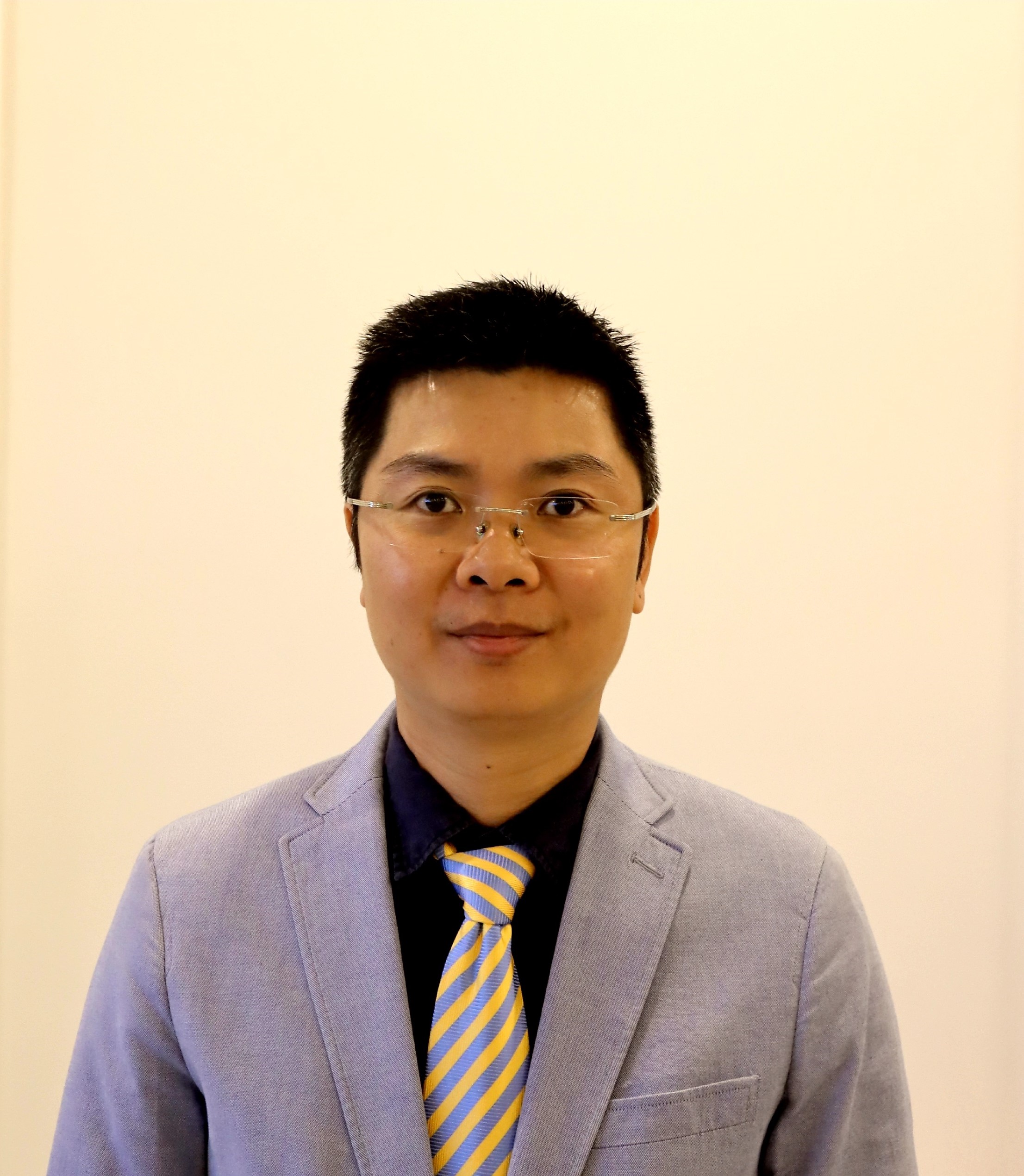Bio
 Nam Cao Hoang, is the Founder and Chief Coordinator of the Vietnam Program for Internet & Society (VPIS),University of Social Sciences & Humanities, Vietnam National University, Hanoi. His work leverages academic research and social media to raise awareness and then create impacts on changing society. He led a research project and a media campaign to raise awareness about Internet addition for young users in Vietnam - “Social media and their psychological impact on young users” which was one of the first campaigns in Vietnam through social media and has raised awareness particularly among young people aged 15 to age 30. This project has built a strong platform for both journalists and researchers to address this important topic in Vietnam. He was the initiator and main contributor in founding Vietnam Internet Forum (VIF) which is the first annual platform in Vietnam to address the Internet in the view of social sciences and humanities and focus on how to use internet to solve current social issues. He was the project leader of the “Digital Media Training Program,” an annual course in collaboration with Vietnam Ministry of Information and Communications and Reuters Vietnam to provide the latest knowledge and skills of digital news management for young and talented reporters who will be next media leaders in Vietnam.
Nam Cao Hoang, is the Founder and Chief Coordinator of the Vietnam Program for Internet & Society (VPIS),University of Social Sciences & Humanities, Vietnam National University, Hanoi. His work leverages academic research and social media to raise awareness and then create impacts on changing society. He led a research project and a media campaign to raise awareness about Internet addition for young users in Vietnam - “Social media and their psychological impact on young users” which was one of the first campaigns in Vietnam through social media and has raised awareness particularly among young people aged 15 to age 30. This project has built a strong platform for both journalists and researchers to address this important topic in Vietnam. He was the initiator and main contributor in founding Vietnam Internet Forum (VIF) which is the first annual platform in Vietnam to address the Internet in the view of social sciences and humanities and focus on how to use internet to solve current social issues. He was the project leader of the “Digital Media Training Program,” an annual course in collaboration with Vietnam Ministry of Information and Communications and Reuters Vietnam to provide the latest knowledge and skills of digital news management for young and talented reporters who will be next media leaders in Vietnam.
Abstract
The Impact of CGU's Media Based Prevention Certificate Program: 2018-22 - What has changed for the better and to what end?
After the Chair’s opening remarks about INL's support of the CGU Media Based Prevention Certificate Program, William Crano will talk about the importance of using evidenced-based, theory informed media messages and campaigns to promote healthy behaviors and prevent initiation of substance use, to lead people to treatment, and to reduce likelihood of relapse. Dr. Crano will present a quick overview of the Certificate program and then by year, one representative of a trainee team from each country will share their experiences implementing their new knowledge, and the networking system developed with co-trainees in their subsequent prevention campaigns in their regions.
